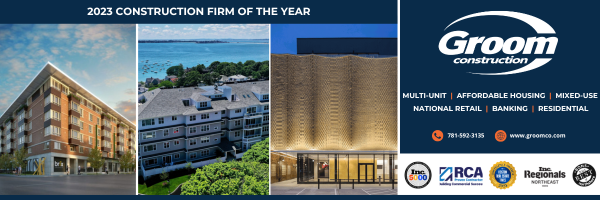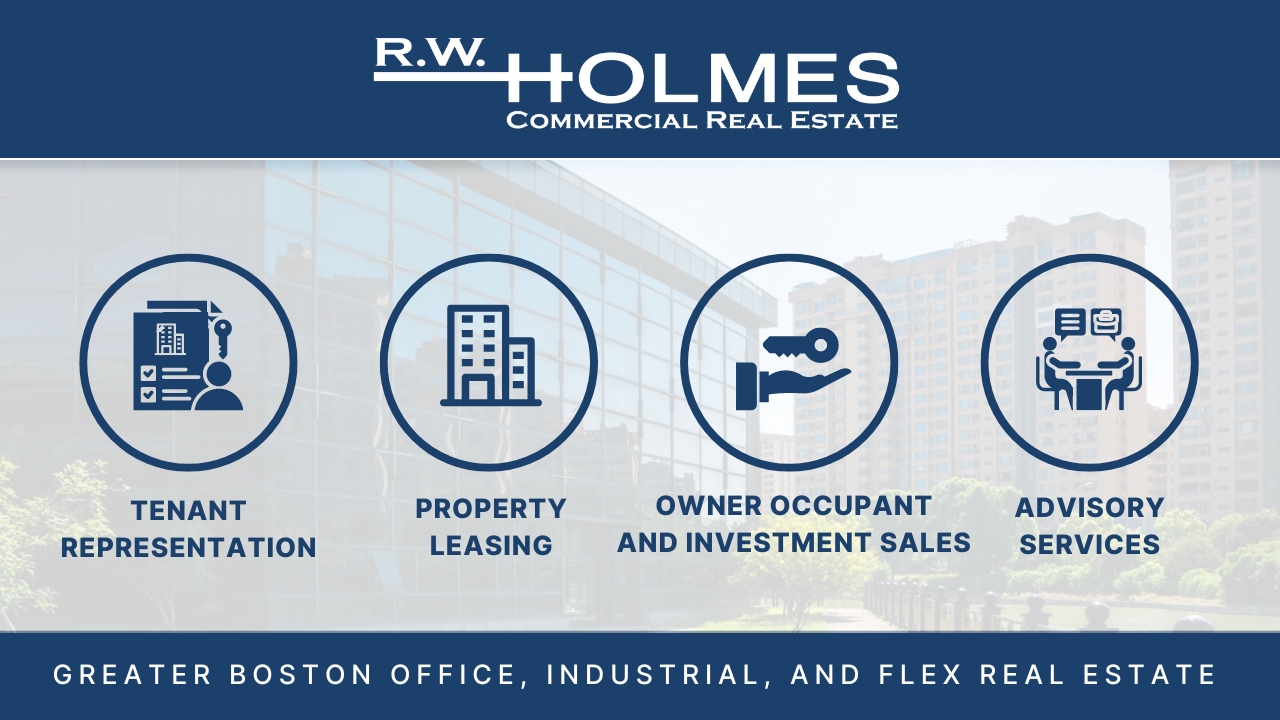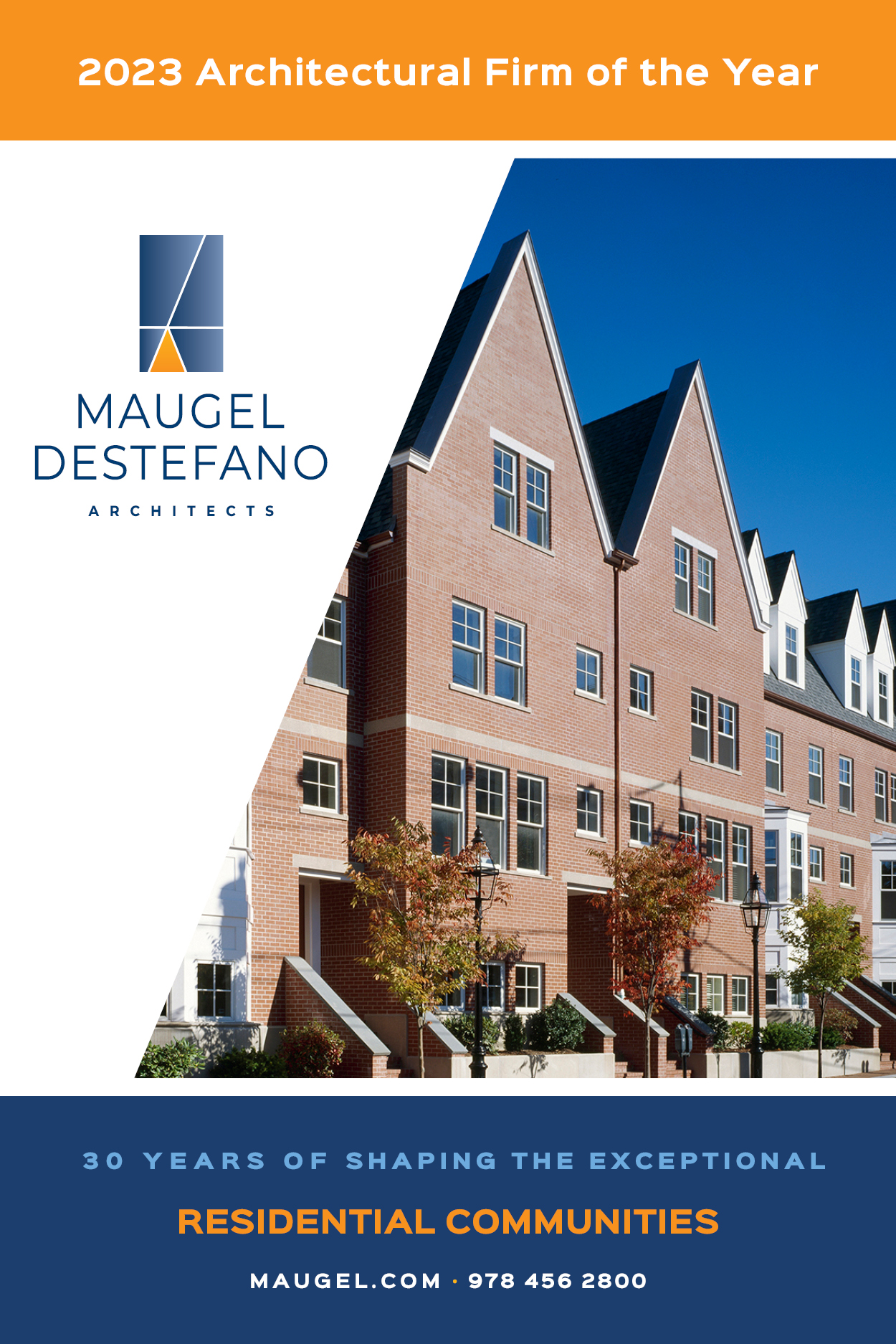The Boston Planning & Development Agency (BPDA) Board of Directors this month approved four new development projects representing over 1.7 million square feet (SF). The new projects will create 388 residential units, 94 of which will be designated income-restricted, and will support hundreds of construction jobs and more than 3,000 permanent jobs.
Policy
BPDA Real Estate Decarbonization Action Plan
The BPDA has adopted a new decarbonization strategy to achieve zero net carbon emissions at all BPDA-owned properties. The strategy builds on Carbon Free Boston and the Climate Action Plan Update, the City of Boston’s initiative to achieve carbon neutrality by 2050 in order to significantly reduce the greenhouse gas emissions that contribute to climate change. The BPDA has laid out strategies that align with the various types of real estate assets in the agency’s portfolio. All improvements and renovations will be made while supporting local and non-profit BPDA tenants.
Development Projects
Harvard Enterprise Research Campus will create affordable housing, thousands of jobs
Live: 345 residential units, 86 income-restricted units, AMIs range from 30-100 percent
Work: Approximately 2,000 construction jobs and 2,300 permanent jobs
Connect: Almost three acres of open space, new streets, sidewalks, bike lanes, two new Bluebikes stations
Sustain: Targeting carbon neutrality by 2026, large stormwater management capacity, LEED Gold
Following an 18 month community engagement process, the Harvard Enterprise Research Campus Phase A will build a brand new mixed-use development consisting of new housing, office/lab space, a hotel, conference center, restaurant, and retail space, along with nearly three acres of public open space. Of the 345 units of housing, 25 percent, or 86 units, will be income-restricted. These units will meet a range of incomes from 30 – 100 percent of the Area Median Income (AMI). The income-restricted housing will all be located on-site to increase the direct affordable housing supply in the Allston-Brighton neighborhood. Harvard will also contribute $25 million to establish an Allston-Brighton Affordable Housing Fund that will support affordable housing, affordable homeownership, and housing preservation in the neighborhood, intended to protect and grow the housing in a community experiencing unprecedented development.
In addition to the housing affordability commitments, Phase A of the ERC will significantly expand open space and public realm areas in the neighborhood with almost three acres of space, as well as the creation of the Allston Greenway, eventually connecting to the west to Ray Mellone Park and east towards Soldiers Field Road. The project will actively program the Greenway with a wide variety of events and activities that may range from farmers markets and small concerts, to temporary art installations, and fitness classes. The project also makes significant investments in new multimodal connections, including prioritizing safe transit improvements for pedestrians and cyclists on Western Avenue. The project proposes 600 bike parking spaces and the installation of two BlueBikes stations with 23 docks each. Additional community benefits include investments in future neighborhood planning in Allston-Brighton. Harvard has agreed to contribute up to $1 million for an Allston-Brighton Community Needs Assessment to help inform future community benefits and will contribute an additional $1 million for a City-led planning and rezoning study for the 22 acres of the Enterprise Research Campus outside the existing 14-acre site.
Life sciences development at Seaport Circle to create thousands of jobs, opportunities for STEM workforce development
Work: Approximately 2,500 permanent jobs, 1,100+ construction jobs, 2,000 students introduced to life sciences opportunities each year, retail space
Connect: Brand new Silver Line station, long term bike parking spaces
Sustain: LEED Gold, sea level rise resilient, green roof, enhanced outdoor spaces
This project at 701 Congress Street Parcel H, also known as Seaport Circle, will transform a parking lot into a 13 story lab/research and development facility on the South Boston Waterfront, which will also contain retail space. The project includes job training and a career center on site, with a uniquely programmed innovation center dedicated to providing access to training for residents from the region who seek opportunities in Science, Technology, Engineering, and Math (STEM) careers, with a focus on outreach to Boston’s diverse and underserved neighborhoods. It is anticipated that several hundred residents annually will participate in educational programs and receive training for STEM professions here. The center will be a welcoming and inclusive mission-driven community hub with a cafe and co-working space open to all. Training rooms, simulation labs, meeting rooms and office space will provide nonprofits and interested user groups with much-needed educational and training space.
Seaport Circle will build a new station at the Silver Line Way stop, and enhance the public realm to respond to the growing transportation needs from the Raymond L. Flynn Marine Park. The ground floor of the project will be a public urban terrace that connects pedestrians from the Silver Line Way stop to Congress Street and the waterfront. An elevated walkway, known as the pedestrian link, will also connect both buildings on site, as well as to the buildings on Parcel K in the South Boston Waterfront. There will also be a new elevator at the MBTA station to connect to the pedestrian link.
The project will establish a $500,000 community benefits fund to support non-profits, with a specific focus on those within South Boston. There are significant commitments to diversity, equity and inclusion, including the composition of the project’s consultant team which features partnerships with minority and female owned businesses in all major phases of the development.
Project at 4011–4019 Washington Street will create transit-oriented housing to Roslindale
Live: 19 homeownership units, four income-restricted
Work: Approximately 50 construction jobs, new ground floor retail space
Connect: 78 Walk Score, bike storage, close proximity to two MBTA bus routes, Bluebikes, ZipCar and Forest Hills station
Sustain: Green roof, insulated walls, electric charging stations, recycled materials where possible
This new four-story project on Washington Street in Roslindale will encourage alternate forms of transportation, with close proximity to public transportation, a Bluebikes station, ZipCar, and bike storage and parking. The project will build 19 homeownership units, four of which are income-restricted, as well as retail space. This building will be environmentally conscious, including a green roof to reduce building energy costs and slow stormwater runoff, and energy conservation efforts that will reduce the urban heat island effect and greenhouse gas emissions. As part of community benefits, the project will contribute $18,000 to the Parks and Recreation Department to support Arnold Arboretum and Healy Field, and $5,965 to the bike share system. The project will also make public realm improvements to Washington and Lesher Streets.
1153 Washington Street project brings new housing to Dorchester
Live: 24 rental units, four income-restricted
Work: Approximately 70 construction jobs
Connect: Close proximity to MBTA, contributions to bikeshare system
Sustain: LEED Gold, Electric Vehicle charging stations
Located in Dorchester, the project at 1153 Washington Street will build a new mixed-use, four-story development with 24 one and two bedroom rental units and ground floor commercial space. Four of the residential units will be income-restricted. The building will provide parking and storage for bicycles. The Washington Street development will contribute $45,000 to the Parks and Recreation Department to support nearby Dorchester Park and WM. Gary Walsh Playground. This project will also support the City’s bikeshare system with a contribution of $6,600.




















